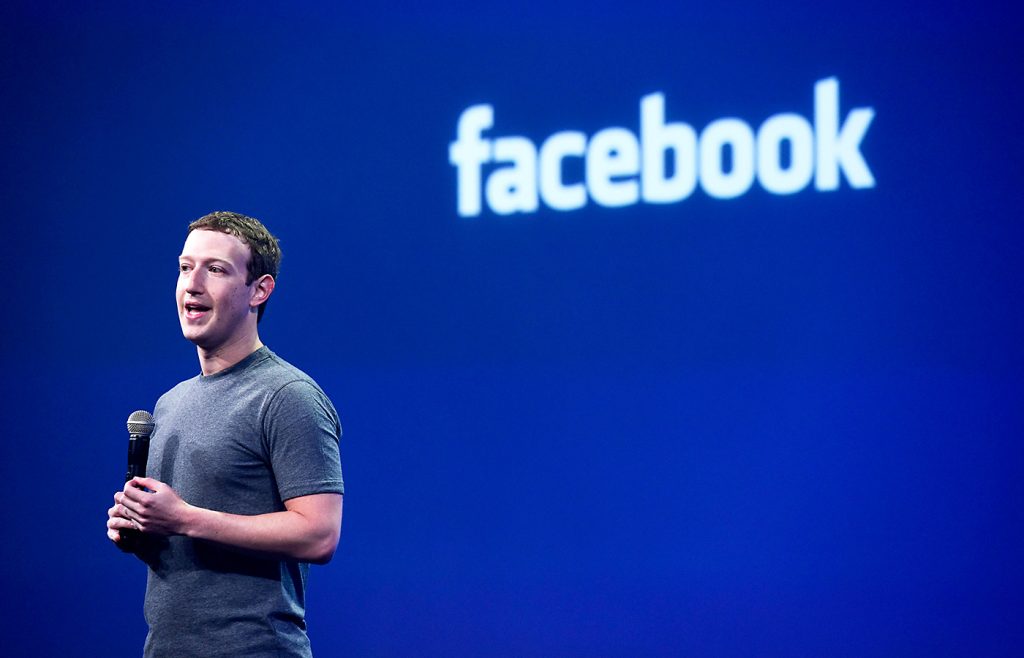
It was 2016 and my friend “Matt” was doing some volunteer work for the Rand Paul campaign. Time was short, and the campaign needed to focus on calling only those most likely to vote for him.
Matt had a plan: he would use “predictive analytics.” He’s self-trained in computer science, and smart—and he knows how to Google.
The idea is actually fairly simple: You use consumer data (such as what people buy at the grocery store) to get a profile of the sort of person who supports Rand Paul. You then get a list of registered Iowa voters and use that profile to predict those who could be convinced to support him in the caucuses. Then you start calling.
First, the campaign gave Matt a list of 9,000 voters who had declared their support for Rand Paul (or for Ron Paul, who had run for president in a previous election). The campaign also gave him consumer data for these people provided by a political data broker (i-360.com). This would allow Matt to develop a profile for Paul supporters.
The campaign also supplied a list of 11,000 voters that were not declared supporters of either Rand or Ron Paul, along with consumer data on each of them.
Matt used the data to create a model based on the several dozen consumer data points that characterized supporters of Ron or Rand Paul. He compared the personal information of the Paul supporters with that of those who didn’t support the Pauls using “binomial logistic regression.”
He tested his model on part of the data set to see if it could predict, based on those three dozen data points, which persons were supporters of the Pauls. His model achieved over 90 percent accuracy. It was then used to prioritize which voters to call.
This is called predictive analytics—and as I write this, it’s in the news. Cambridge Analytica, which provided predictive analytics for the Trump campaign, is in trouble for inappropriately using Facebook data on 87 million Facebook users in an attempt to help Trump win the election.
Facebook hoards every last bit of information about you: every time you click “like,” every post you make, every ad you click on, every article you read, every video you watch. Cambridge Analytica used this information to create a psychological model similar to one developed by researchers at Cambridge and Stanford. These researchers first invited Facebook users to take a personality quiz on Facebook.
Once they had a personal profile of 70,000 users, they correlated that with the users’ Facebook “likes” to develop their model. They then interviewed friends and family members of the subjects in their study.
They found that based on 10 likes, their model knew the person better than a work colleague, 70 likes allowed it to know a person better than a friend or roommate, 150 likes allowed the model to more accurately know a person better than a family member, and with 300 likes, the model was more accurate than a spouse.
Cambridge Analytica combined their psychological model from Facebook data with consumer information purchased from data brokers. They’ve boasted that they have up to 5,000 data points on over 200 million American voters. They know where you live, whether you own a car, what your shopping habits are. They know your voting record, what medications you take, your religion, the TV shows you like.
This collecting of information about you by social networks and data brokers in order to develop a profile is now ubiquitous. They use these models to influence you to buy things, to support candidates, and to alter your attitudes and opinions. It’s all legal because you click “yes” to the user agreement when you use Facebook and various apps. That personality quiz that you took on Facebook? The app developer was likely collecting information on you.
Or if you have a rewards card or loyalty card at a grocery chain or other enterprise, they’re collecting information on your every purchase—such as the type of soap you buy, or whether you prefer steaks or tofu. A study in 2014 found that the average U.S. household belonged to 29 such programs. The information collected is often sold to data brokers, who merge this information with other data, such as internet searches and surveys.
All of this data collection is sometimes referred to as “surveillance capitalism.” Anyone with enough money can purchase this data from companies such as Acxiom, Nielsen, Experian, Equifax, and Core-Logic. These companies often know even more about you than Google or Facebook.
Fortunately, the Cambridge Analytics imbroglio has led to Facebook being more transparent about their data collection. If you want to see what they know about you, your interests, hobbies, activities, and more, go to goo.gl/Q14esF.
